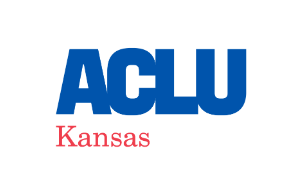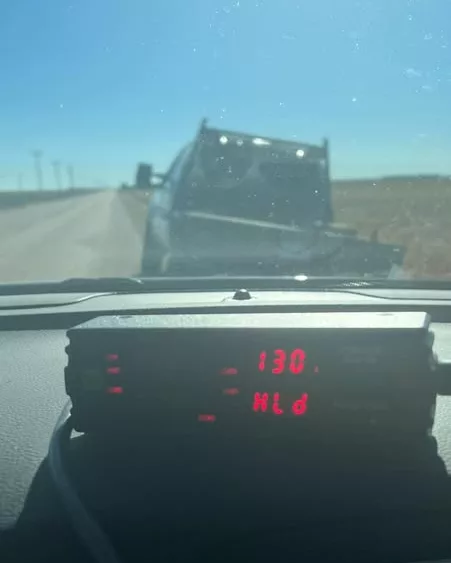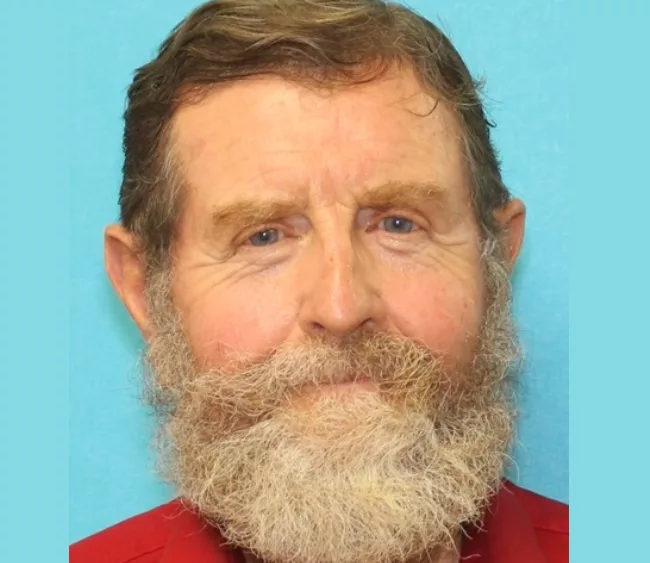A report from the American Civil Liberties Union of Kansas has found almost 85,000 state residents with past felonies who are eligible to vote, but only about 16 percent have registered.
The report said one in 35 Kansas residents are returning citizens who have completed sentences for past felonies, including being discharged from any probation or parole, and are eligible to register and vote under Kansas law. Only 14,147 have actually registered to vote.
ACLU Kansas executive director Micah Kubic said in a press release “Chronic misinformation, systemic conditions, and policy barriers have left thousands of Kansans unheard. Their voices are absent from the democratic process, contradicting the values of equality and representation that are central to the state’s identity as the Free State. Democracy is at its core the idea that each of us counts and has a say in our decision-making as a community. And in 2024, the absence of returning Kansans from our electoral process impoverishes our democracy, government accountability, policy outcomes that impact all of us.”
The report, “Unheard Voices: Restoring Voting Rights to Returning Citizens to Build and Inclusive, Accountable Democracy in Kansas,” is from a data project that is the first of its kind in Kansas and one of only a handful of such projects in the entire nation. Through collaboration with Free Our Vote, a nonprofit group, the project created a comprehensive, statewide dataset of individuals with felony convictions dating from the period 1990-2024 through multiple sources, including the Kansas District Courts, Kansas Department of Corrections, and county-level records. All data involved in the project came from public records, but ones which have not previously been aggregated, cross-referenced, cleaned for accuracy, or analyzed in this way.
The report listed several key findings:
- 79% of returning citizens who are eligible but unregistered voters are men, compared to 50.24% of the general Kansas population. Men are underrepresented in the general registered voter base in Kansas, this is especially the case among those with past felonies.
- At 74%, white individuals are slightly underrepresented among unregistered but eligible voters with past felony convictions when compared to making up 79.75% of the general population in the state.
- Black Kansans, which make up 6% of the state population, are highly overrepresented among unregistered but eligible voters who are returning citizens, constituting approximately 23%.
- Unregistered eligible voters are not evenly distributed across the state, with Sedgwick, Johnson, Wyandotte, Shawnee, Douglas, Saline, Reno, Geary, Montgomery, and Finney counties with the highest numbers of Kansans with past felonies eligible to vote.
The report is calling on Kansas policymakers to take several steps:
- Ensure voting rights are never lost, regardless of felony conviction
- Provide for the automatic restoration of voting rights
- Ensure automatic notification and assistance with voter re-registration
- Conduct educational outreach and voter registration assistance
- Synchronize statewide voter registration databases
- Implement “vote from jail” programs








